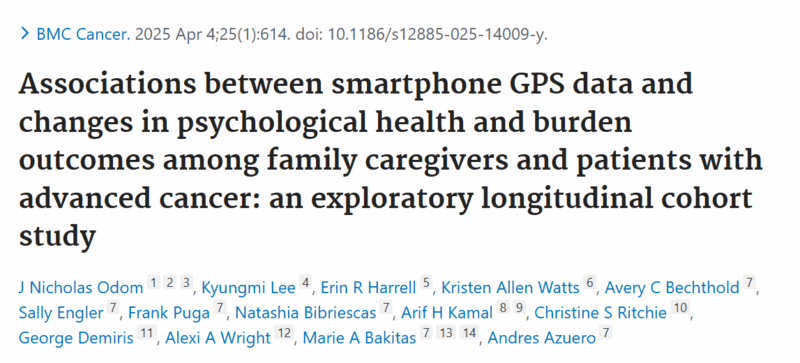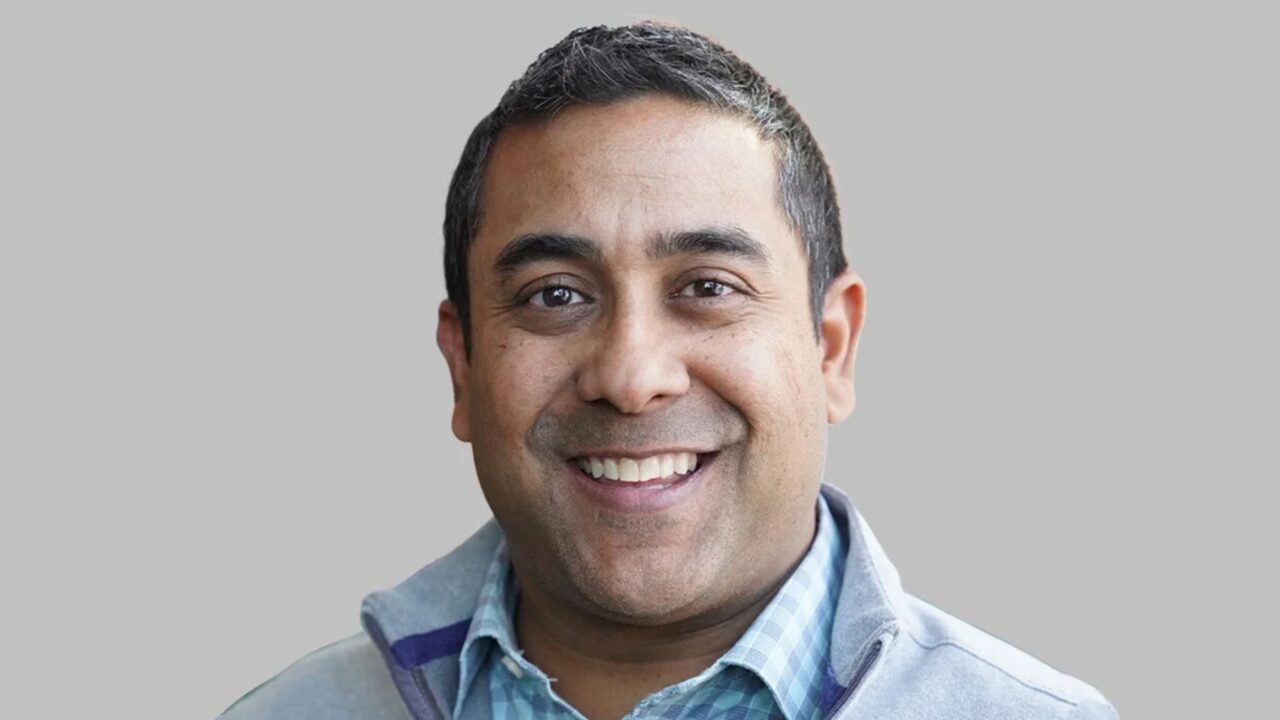Arif Kamal, Chief Patient Officer at American Cancer Society, shared a post on LinkedIn about an article he and his colleagues authored:
“When we use the term “cancer center,” it’s easy to think the “centricity” we refer to is based on a concrete structure, more than the person going through the journey.
As cancer care evolves, more care is being provided in the familiar and supportive places people call home – and centricity becomes about people and their needs rather than care teams or physicals buildings.
This means decentralized delivery, such as community-based treatments, clinical trials, and telehealth. And remote monitoring of patient conditions and distress are vital to the feasibility of home-based care.
Led by great colleagues J. Nicholas Odom, Christine Ritchie, Marie Bakitas, and others, we recently explored the use of passive data collection on patient outcomes.
Imagine activating what your smartphone already knows and collects about you to predict cancer experience outcomes. And of course, issues of consent and awareness are paramount.”
Title: Associations between smartphone GPS data and changes in psychological health and burden outcomes among family caregivers and patients with advanced cancer: an exploratory longitudinal cohort study
Authors: J Nicholas Odom, Kyungmi Lee, Erin R Harrell, Kristen Allen Watts, Avery C Bechthold, Sally Engler, Frank Puga, Natashia Bibriescas, Arif H Kamal, Christine S Ritchie, George Demiris, Alexi A Wright, Marie A Bakitas, Andres Azuero

More posts featuring Arif Kamal.


